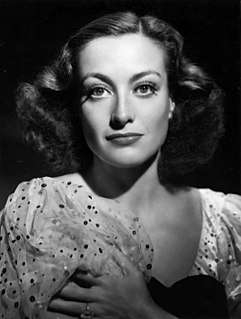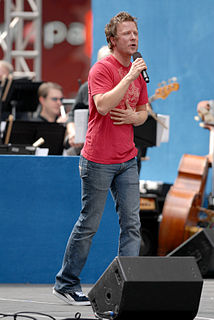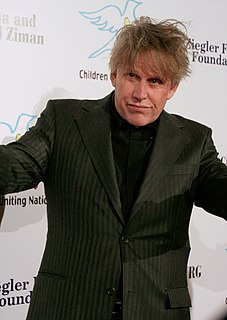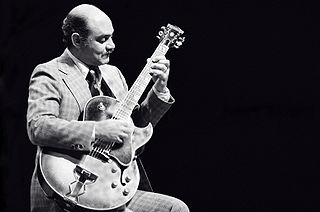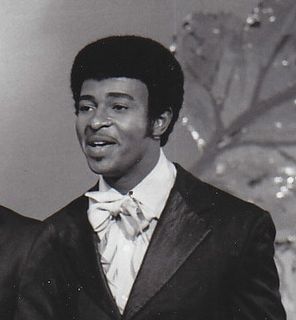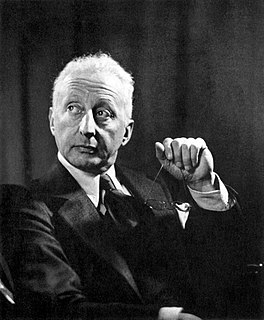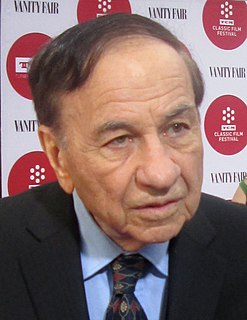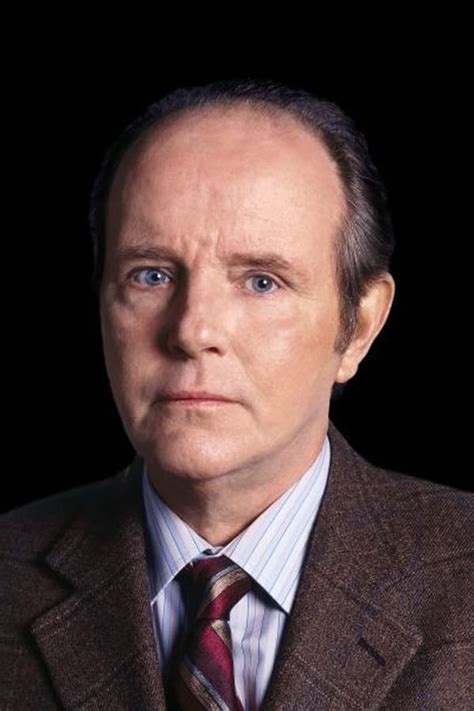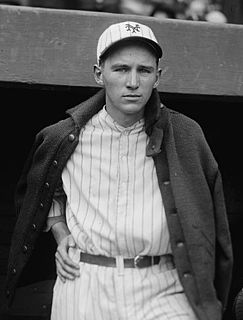A Quote by Dinah Sheridan
What a thrill it was to play opposite Maurice Evans in this brilliant, dazzling musical, based on the life of two of the greatest personalities in stage history.
Related Quotes
The stage is the opposite: you are talking loud so you can project to the back row and you know the whole play. In a movie, you are scene-to-scene; you only know the purpose of that scene. On the stage, that is artistic science. It is real, it is loving, it is truthfully you. It is two different formulas to make two different art pieces, but it is all about truth.
One of the first roles I had on stage was with a brilliant director in a brilliant play with a brilliant cast, but I just couldn't find my way into the heart of the character. I found myself straining a lot. When it started. I felt lost. That was the Eugène Ionesco play Rhinoceros. I don't think I was prepared for that. I don't think I had the full tool kit to do it justice. It's a very difficult play, it's an extraordinarily difficult part, and I never felt I really got it right. Far from it. To a degree, Hamlet was the same.
You can't think and play. If you think about what you're playing the playing becomes stilted. You have to just focus on the music I feel, concenctrate on the music, focus on what you're playing and let the playing come out. Once you start thinking about doing this or doing that, it's not good. What you are doing is like a language. You have a whole collection of musical ideas and thoughts that you've accumulated through your musical history plus all the musical history of the whole world and it's all in your subconscious and you draw upon it when you play

